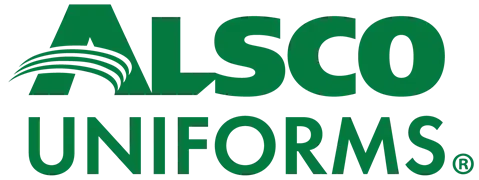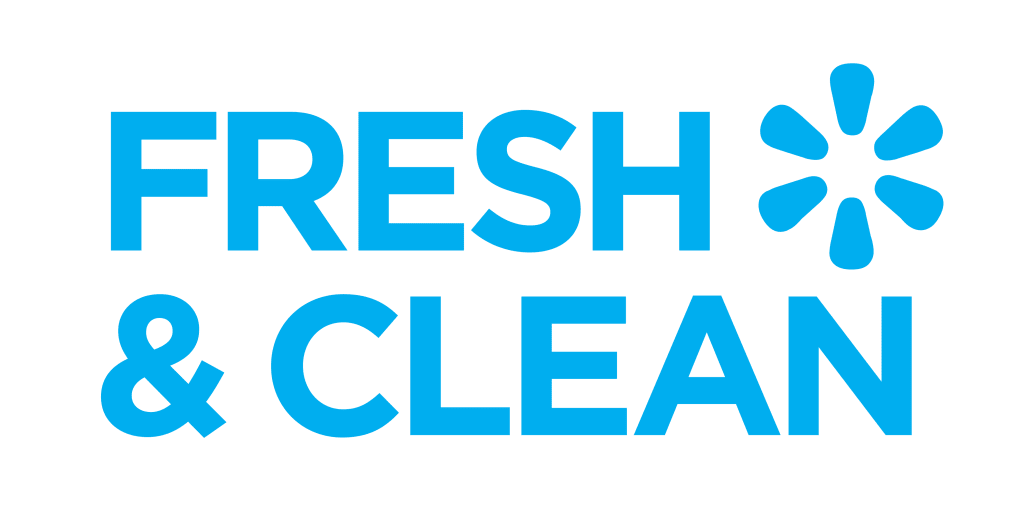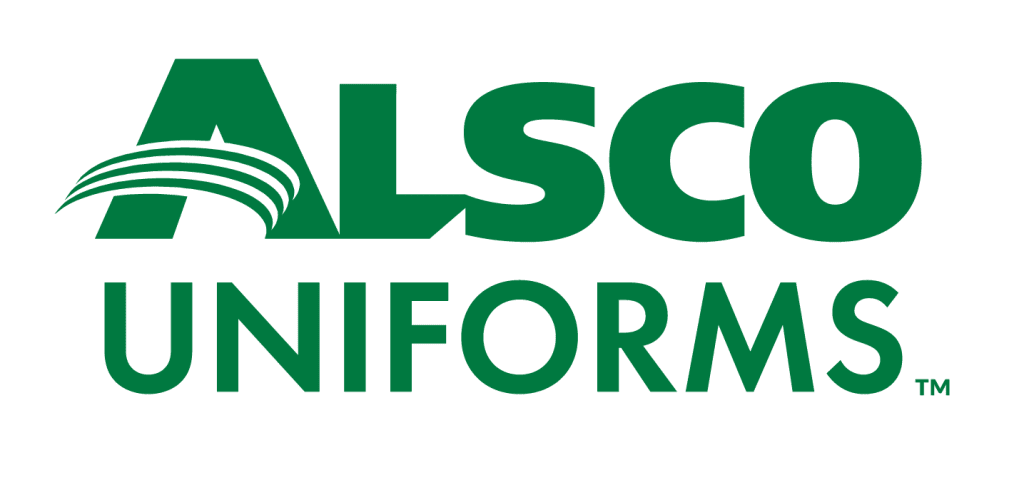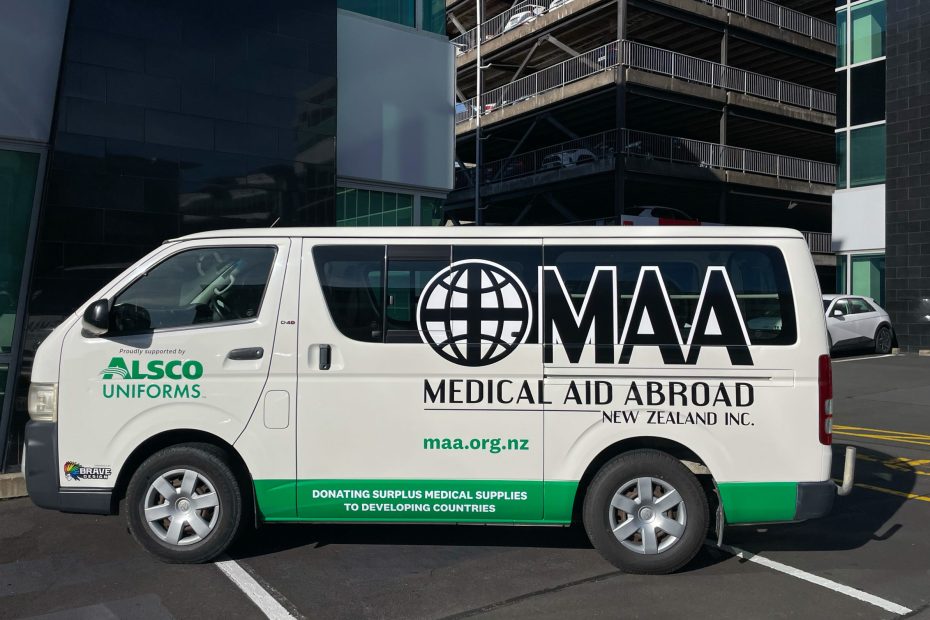Going green means choosing greener options from food selection down to washroom supplies.
Maintaining eco-friendly business practices is a social obligation to your community. Obvious benefits include reducing waste and cutting costs.
So what can you do? Alsco has the answers. Employers can start with the paper towels in the workplace washroom. In New Zealand, papers represent 7% of wastes, equivalent to approximately 200,000 tonnes.
Are cloth towels really better? For green solutions tailored to your business, contact ALSCO now.
Why Going Paper Towel Free Matters?
Even with hand dryers and dishcloths in the market, paper towels have long ruled as the choice of habit. It’s one of the most wasteful things people dispose of every day without regret. Every year, discarded paper towels result in 254 million tons of trash worldwide.
To make one ton of paper towels, 17 trees are cut and 20,000 gallons of water are consumed. This creates a major drain on the earth’s resources. To replace the number of discarded paper towels, 51,000 trees are required every day.
Virgin Paper Towels Are Toxic
Virgin fibre comes straight from a tree. Can you imagine chopping down a tree for a single-use item? You may also notice how virgin paper towels are gleaming, bright white, which is actually not natural. Paper made from wood would ordinarily be brown.
Several methods are done to bleach these paper products, including using chlorine and its derivatives. In fact, the paper industry is known to be among the worst-polluting industries on Earth. The process releases cancer-causing chemicals, which pollute the air, waterways, soil and the food chain.
Dioxins and furans, by-products of pulp and paper mills that use virgin timber, are linked to a number of health concerns. These include immune system impairments, hormone alterations, birth defects, and other reproductive problems.
What Are The Better Alternatives?
According to a study, 72% of consumers would recommend a brand that supports a good cause over one that doesn’t. This just shows that going green can help you establish your company’s image as a good corporate steward.
Partially-recycled paper towels – A better alternative from virgin fibre, they contain at least some recycled content. However, trees have still been cut down to make them. Some of its content comes from papers that were left unattended for years.
100% Recycled Paper Towels – Now you are entering a green territory. These are totally chlorine-free and made entirely from recycled paper. It means no new tree was chopped down for this product. Because they didn’t go through the bleaching process, these towels are brown.
Two types of materials are used:
- Post-consumer fibre comes from papers that have already been used by the consumer and sent to recycling, such as newspapers and magazines.
- Recovered fibre comes from paper waste left over in manufacturing, such as damaged paper, trimmings, scraps, and unused stock.
A Greener Choice: Cotton Towels
Cotton towels are soft, super absorbent and comfortable to use. It is considered the greener option to using paper towels. Here’s why – paper towels involve a complex process from harvesting to bleaching, polluting the environment, all for single use.
The process for cloth napkins or dishtowels may be similar in some areas, but they can stay in your drawers for many years. Its advantage can only be lost in terms of careless washing. For instance, when you use too much water for just a few bunches of barely-soiled towels.
Here are some tips when using them:
- Always wash a full load of towels.
- Separately lightly soiled towels from heavily soiled towels.
- Use the appropriate washing cycle on your machine.
- Ensure that soiled napkins are pre-soaked.
- Avoid using dryers, let the sunlight do the drying for you.
What is the Greenest Choice?
The greenest choice are towels made from linen or hemp. Aside from being the most eco-friendly option, they are more durable too. You don’t always need to buy new ones. You can make your own dish towels by cutting up old sheets, or towels, then hemming the edges.
These are also available at second-hand stores, flea markets, and online. Cotton is still a highly irrigated crop that uses pesticides during its growth. Therefore, hemp or linen are more sustainable. In washing your eco-friendly towels, you can also use eco-friendly laundry detergent.
ALSCO Solution for your Towel Needs
Alsco’s dedicated team will help keep your business clean, green, and organised. Their trusted services include affordable washroom and hand hygiene solutions for the workplace, including hand drying supplies such as cloth towels.
Their smartly designed Continuous Towel dispenser ensures a hygienic dry with every use without the risk of cross-contamination, which is tremendously important at crowded places such as a restaurant or school washrooms. Environmental benefits include up to 63% less energy, 48% fewer greenhouse gases, and up to 79% less waste.
For all your towel related queries, visit the website www.alsco.co.nz now! Get in touch with us for a safer, healthier workplace.





